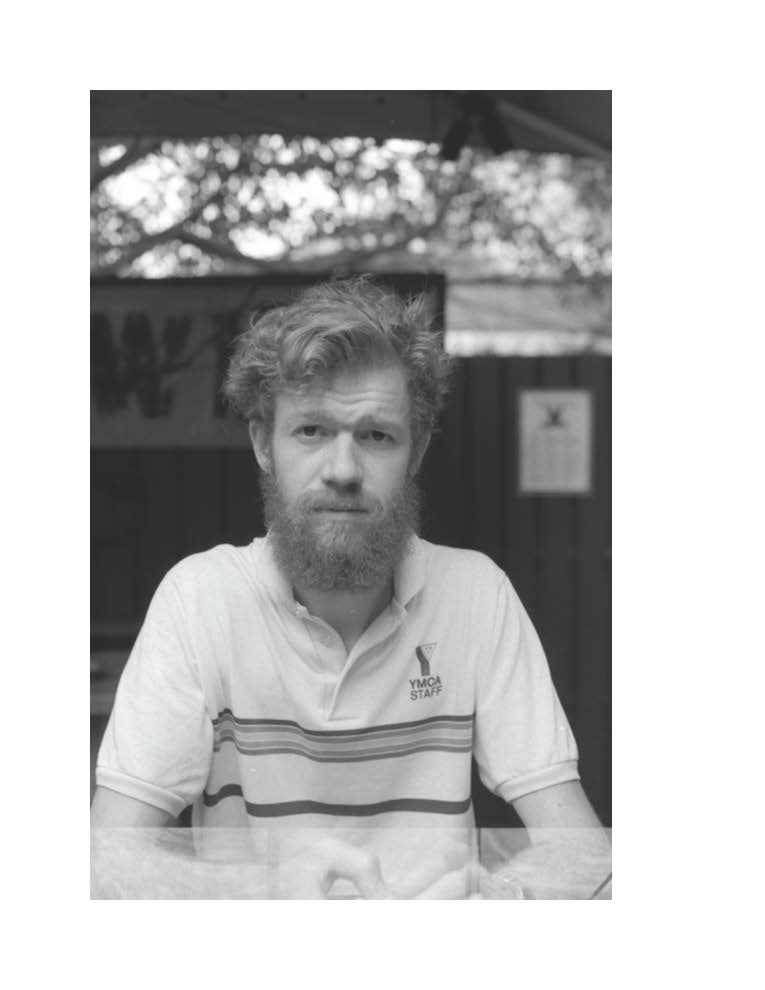
Biography:
Damien Bright is a PhD candidate in Anthropology. He holds an MA in anthropology (University of Chicago) and an MA in political science (Sciences Po Paris). Placing technoscience studies in conversation with the environmental humanities, his dissertation research develops a political anthropology of climate action. His ethnographic fieldwork was supported by the Orin Williams Grant and Leiffer Research Fellowship. Bright has been a fellow with the Arts, Science, & Culture Initiative, supervised BA students as a preceptor in Environmental and Urban Studies, and instructed courses in anthropology and social theory.
Dissertation:
What are the global oceans to us when the existence of their exemplary form of life, Australia’s Great Barrier Reef, is in doubt? Damien Bright investigates the field of ethical and moral struggled that the sciences of marine life rouse as they develop a controversial array of environmental interventions in the name of global heating. Faced with a horizon of mass extinction, science-based environmentalisms are developing so-called “life support systems” for “The Reef.” These aim at permanently altering coral reef ecologies, hence the known oceans and our relationship to them. The promise to make an engineering virtue of ecological necessity turns the marine sciences into an exercise in planetary salvage and, therefore, turns life’s limits into the foundations for a new kind of know-how. Bright asks: how do scientific and parascientific actors fashion themselves as ethical actors vis-à-vis mass extinction, and what political and moral stakes arise when marine life becomes a matter of permanent experimentation? His research examines endangerment as both obstacle to and operative feature of the modern project, by interrogating a new kind of know-how that takes up mass extinction not as a limit of but a ground truth against which to repeatedly test—practically and ethically—its own abilities.
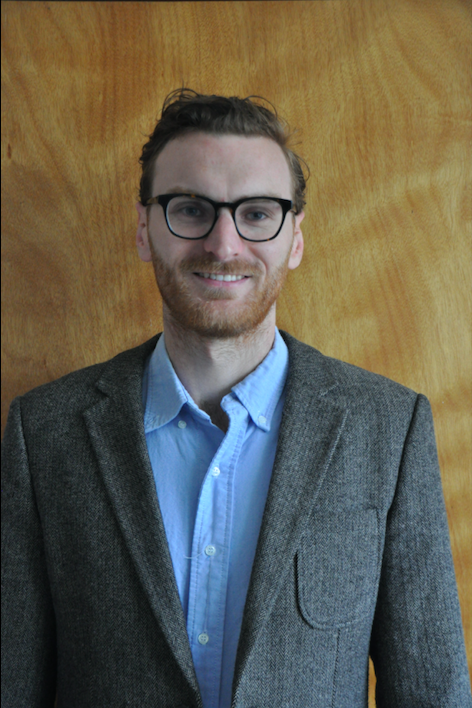
Biography:
Alexander (Sandy) Hunter is an anthropological archaeologist interested in the historical interactions of imperialism and ecology, and in particular, the ecological and social consequences of colonial agriculture and resource extraction. Hunter’s current research focuses on the Cusco area of Peru, where he directs historical and archaeological research to better understand how the emergence of the hacienda system of land management under Spanish colonialism effected the focus of agricultural production and local agrarian ecologies. The project is particularly concerned with understanding how indigenous communities were transformed as haciendas became the dominant structure of rural life.
Hunter’s broader research and teaching interests focus broadly on human-environment interactions, including; political ecology, histories of agricultural production, landscape studies, colonialism and extraction, and remote sensing and GIS applications in archaeology. Hunter previously obtained a MA in Anthropology from the University of Chicago and a BA in History from Iona College, in New Rochelle, NY. His research has been funded by the National Science Foundation, National Geographic, and the Center for Latin American Studies at the University of Chicago.
Dissertation:
My dissertation draws on archaeological and historical datasets to investigate the ecological and social consequences of Spanish colonialism in the Andes, with a focus on the emergence of the hacienda system of agriculture in the Cusco region of Peru. I argue that the remaking of agrarian ecologies subsequent to the Spanish conquest and emergence of the hacienda system articulated new social and ecological contexts; assemblages of ‘new’ and ‘old’ plants, animals, and labor organization in a structurally refigured Agrarian landscape that simultaneously invoked Inka and Spanish power. My dissertation argues that these processes occurred over centuries, and thus, that the Spanish conquest of the Andes is not legible simply as the transition from Inka to Spanish hegemony, but should be understood as one moment in long term processes of colonialism that continue to reverberate into the present. My dissertation explores these processes along three axes: diachronic changes in agricultural practice, manifested materially through shifts in land and infrastructure use; changes in the conceptualization and representation of agricultural land, as demonstrated by land tenure patterns and discourses about land ownership; and the movement within domestic economies that happened alongside these processes as privately held hacienda estates expanded across Andean landscapes, monopolizing agricultural land and labor.
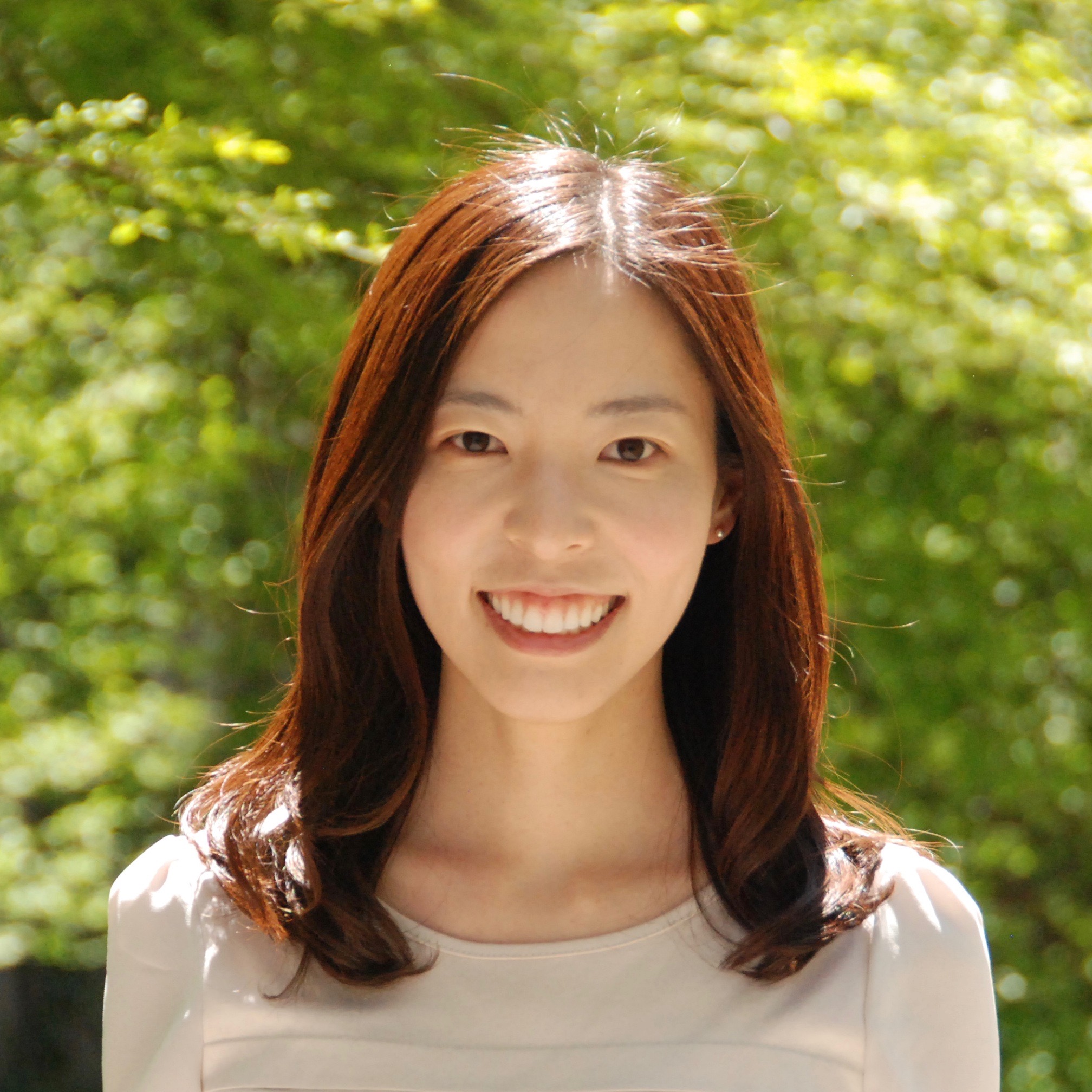
Biography:
Hiroko Kumaki is a PhD Candidate in the Department of Anthropology at the University of Chicago. Her research examines the everyday experiences and ethics of living with environmental toxicity in the aftermath of the nuclear accident in Fukushima, Japan in 2011.
Dissertation:
What does it mean to live well in a time, place, and ecology where toxicity has become the very fabric of everyday life? Hiroko’s dissertation explores this question through an ethnographic study of policies and practices surrounding health and care after the nuclear accident in Fukushima, Japan, in 2011. It considers responses to the radioactive fallout, in which health and well-being have been articulated in varying terms among residents, evacuees, supporting organizations, activists, and bureaucratic institutions. Hiroko’s dissertation stages the everyday intimate experiences of living with environmental toxicity, as they unfold in relation to cumulative historical processes and planetary environmental change.
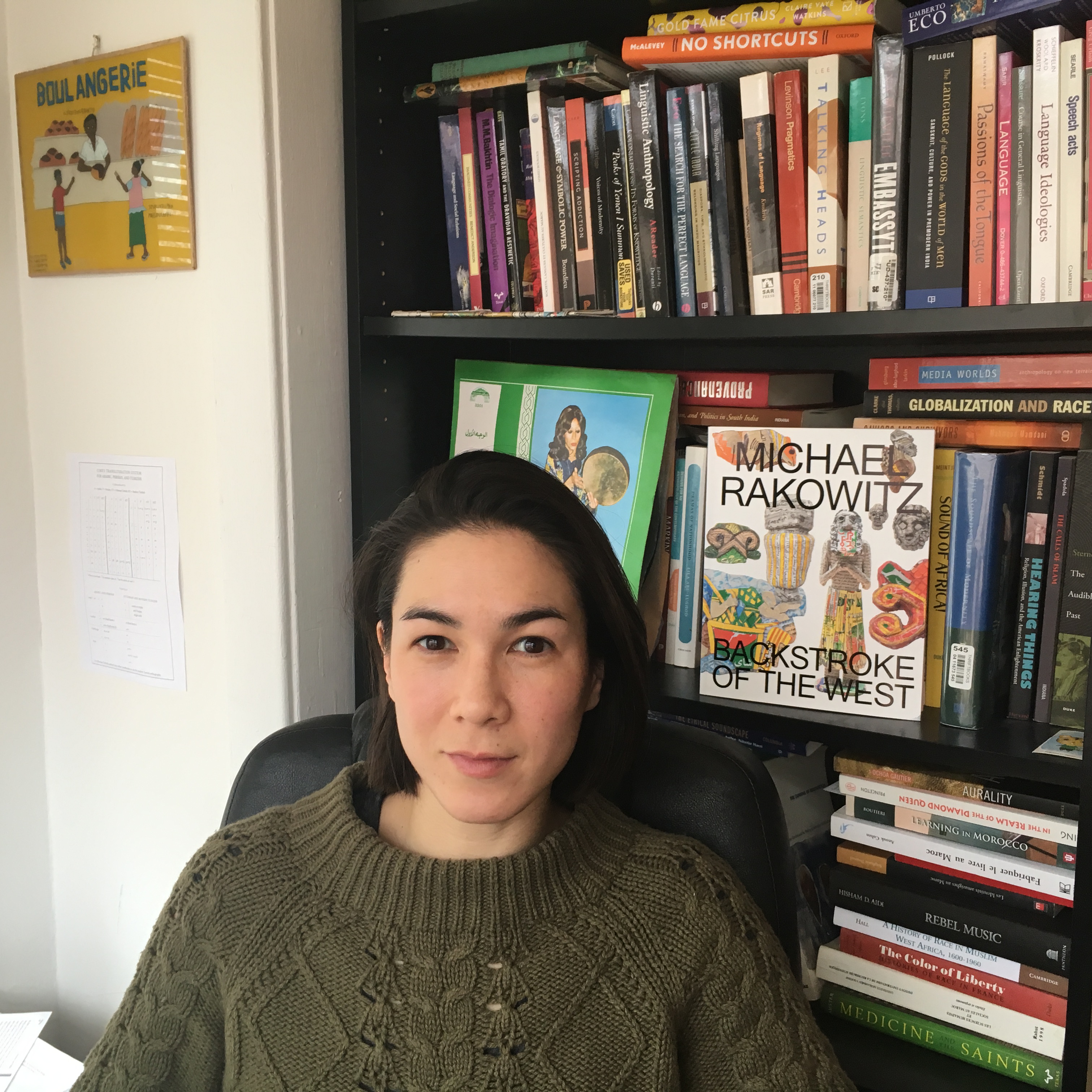
Biography:
Kristin Gee Hickman is a PhD Candidate in the Department of Anthropology at the University of Chicago. Her research focuses on language politics and the place of colloquial Arabic (Darija) in contemporary urban Morocco.
Abstract:
My dissertation investigates Moroccans’ unconventional relationship to their mother tongue, Darija, a regional Arabic dialect that is both unwritten and officially unrecognized. Long relegated to the confines of everyday speech, Darija has become increasingly present in domains previously reserved for classical Arabic (Fusha): education, the press, and audiovisual media. These challenges to Morocco’s linguistic hierarchies have been largely welcomed by outside commentators—heralded as a step towards transforming Darija into a full-fledged language. Yet, the vast majority of Moroccans remain unseduced by the idea of a vernacular revolution, i.e. the official replacement of Fusha with a standardized written Darija. Taking this skepticism of vernacular revolution as its starting point, my dissertation uses contemporary Casablanca as a case to ethnographically investigate how Moroccans are engaging in diverse projects that reimagine Darija by challenging both Morocco’s linguistic hierarchies and Western trajectories of vernacularization. By following a wide-range of actors—from dictionary-makers to soap opera translators—I argue that Moroccans are enacting a linguistic revolution on their own terms: reimagining Darija not as a “language” but as what I call a public dialect: a form of speech that strives to be modern and cosmopolitan while simultaneously rejecting any imperatives to become standardized, officialized, or independent.
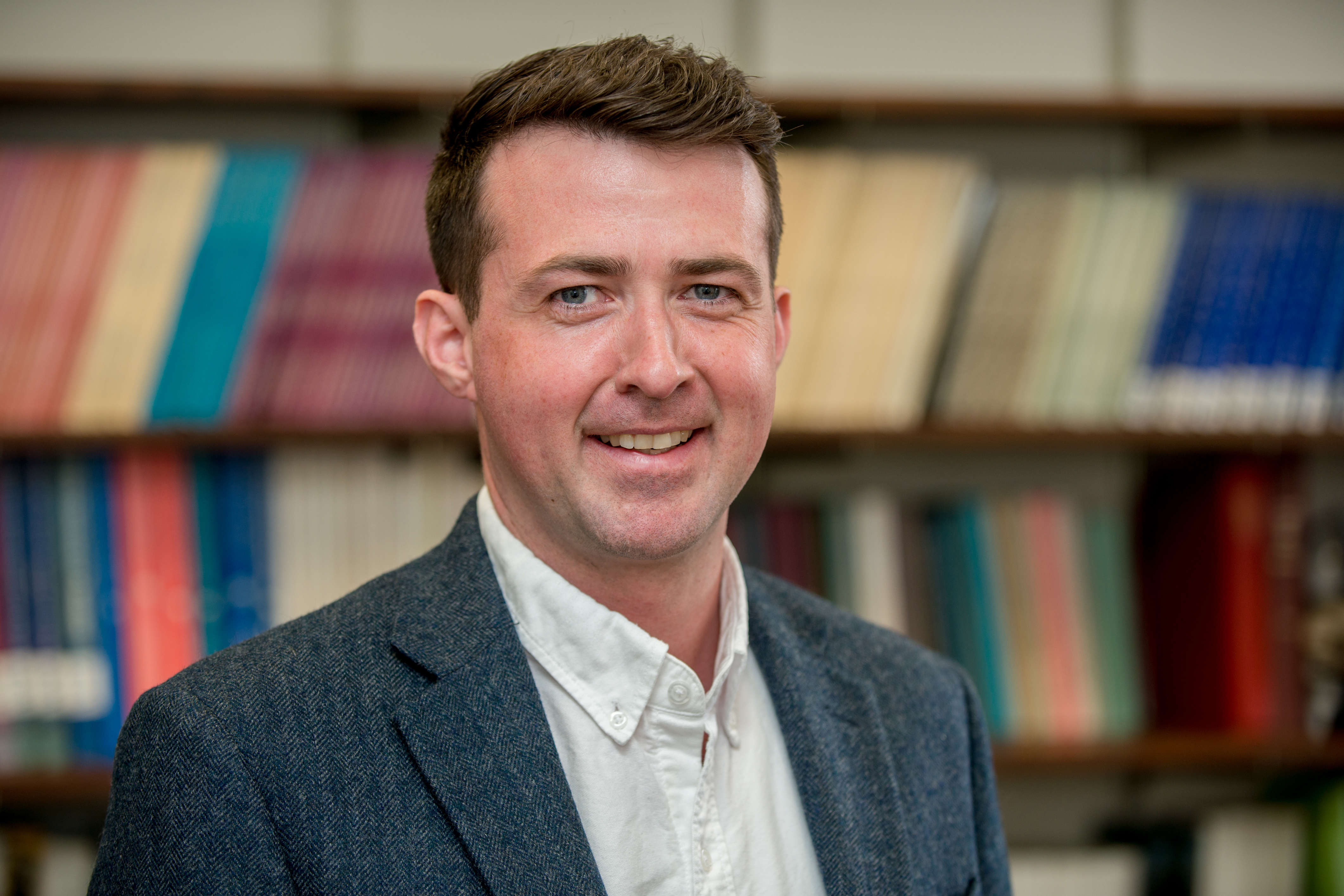
Dissertation: “An Archaeology of the ‘Natural’: Historical Landscapes of the Sandawe Homeland, Central Tanzania”
His doctoral research uses archaeological, paleoenvironmental, and historical evidence of the last 2,000 years of what is now the Sandawe homeland of central Tanzania to recast understandings of the transition from foraging to food production in the region. Rather than an ecologically undisturbed hinterland inhabited by foragers until the late pre-colonial era, as typically portrayed, Matthew’s dissertation argues that foodways, residential patterns, and exchange networks in the region were both longstanding and complex. The project speaks to ongoing methodological debates about the interdisciplinary study of prehistory, serves as an exemplar of how archaeological evidence can be leveraged to understand the historical relationships between foragers and food-producers, and advances scholarship on human-environment relations through time. His research has been funded by: the Wenner-Gren Foundation; the Fulbright-Hays and Fulbright-IIE Programs; and the University of Chicago (the Department of Anthropology; the Committee on African Studies; the Center for the Study of Race, Politics, and Culture; and the Center for International Social Science Research). At the University of Chicago, Matthew has taught courses on anthropology, environmental studies, social theory, and colonialism.
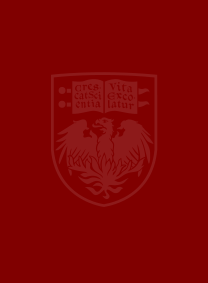
When the New River flows across the US-Mexico border—north from the industrial Mexican city of Mexicali into Imperial Valley, a desert region in southeastern California—it carries with it a myriad of hazardous waste products. In my dissertation, I start from the premise that the New River watershed offers an exceptionally rich site for understanding the entanglements between environmental toxification, twentieth-century North American nation-building, transnational circuits of economic production, and the ways that these things shape future imaginaries on both sides of the US-Mexico border. I take the toxified body as a unit of analysis, asking: what insight might be gained into the North American capitalist system by using the everyday bodily fallout of the New River’s flow—from a rare cancer growing in the body of a Mexicali resident to the stomach ailments of an attempted New River border-crosser—as a starting point, and then tracing this up, from body to river to maquiladora/farm to parent company to transnational spending of profits? What sorts of futures do these toxic body burdens curtail for some, and open up for others? And what insight might an investigation into these transnational entanglements provide into the challenges of building a truly equitable future in the face of global warming?
Biography:
Reed McConnell is a PhD student in the Department of Anthropology researching the relationship between environmental contamination and imaginaries of the future in the Imperial/Mexicali Valley region of the US-Mexico border. She holds an MA in Cultural Theory and History from Humboldt-Universität zu Berlin, and her broader research interests include environmental contamination, green futures, post-apocalyptic imaginaries, militarism, narrativity, anarchism, and aesthetics. She is also a writer and translator whose essays have appeared in publications including Cabinet, The Baffler, Public Books, and The Point.
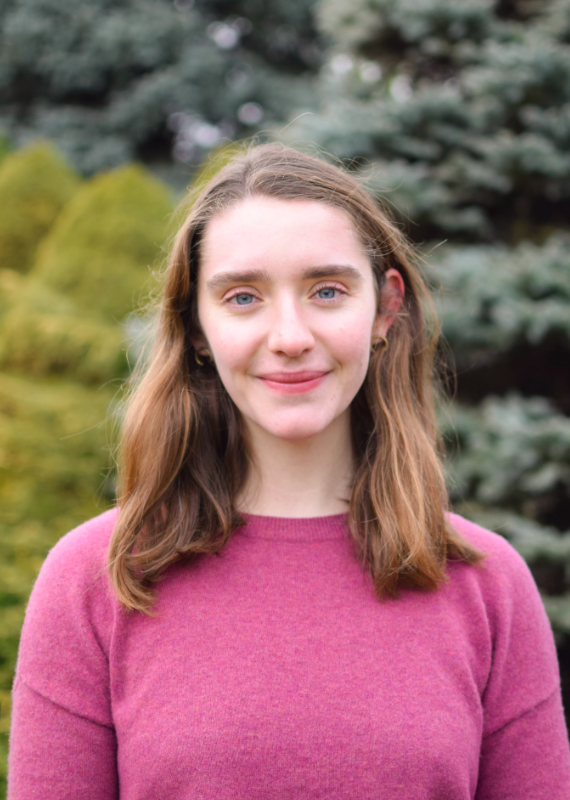
The so-called “women, peace, and security” (WPS) agenda was inaugurated in 2000 by UN Security Council resolution at a historical moment when media coverage, particularly in Bosnia and Rwanda, had prompted a shift in international public consciousness toward gender-based atrocities. The architects of the agenda, a loose framework for policy and action, framed violence against women as both humanitarian crisis and security threat that undermined chances for lasting peace in conflict-affected places, calling for an end to gendered violence as a weapon of war and advocating for women’s participation in peacebuilding processes and post-conflict governing arrangements. This project examines transnationally networked activism, discourse, and practice (technocratic, therapeutic) under the banner of WPS in relation to various projects of self-positioning—of states, funding bodies, activists, ‘victims’—vis-à-vis an international community constructed in a liberal humanitarian idiom. Questions motivating the project include: how do technical agendas designed for broad application shift and modulate as they are transported to 'conflict-affected' terrain? How and why do feminist activists embrace tools of technocratic governance in their quest to bring about social and political change? How does WPS, a recent innovation in women’s transnational movement building that makes scant references to its antecedents, nevertheless serve as a site of encounters that resonate historically? What are the implications (epistemic and managerial) of WPS’s discursive efforts to map war onto individual female body and diagnose bodily trauma at the level of the population? Finally, how does a project like WPS reposition polities and people in a shifting 21st-century global geography?
Biography:
Helena Ratté is a first-year PhD student in the Department of Anthropology at the University of Chicago. She holds an MSc in Migration Studies from the University of Oxford and a BA in History and German from the University of Michigan. She is interested in the afterlives of Yugoslav state socialism and the history and anthropology of human rights, humanitarianism, and development. Her project investigates transnational women’s activism as a site in which various forms of post-Cold War internationalism are formulated and enacted. Prior to graduate school, she worked in women’s human rights organizations in Bosnia and Herzegovina, Germany, and Sweden.
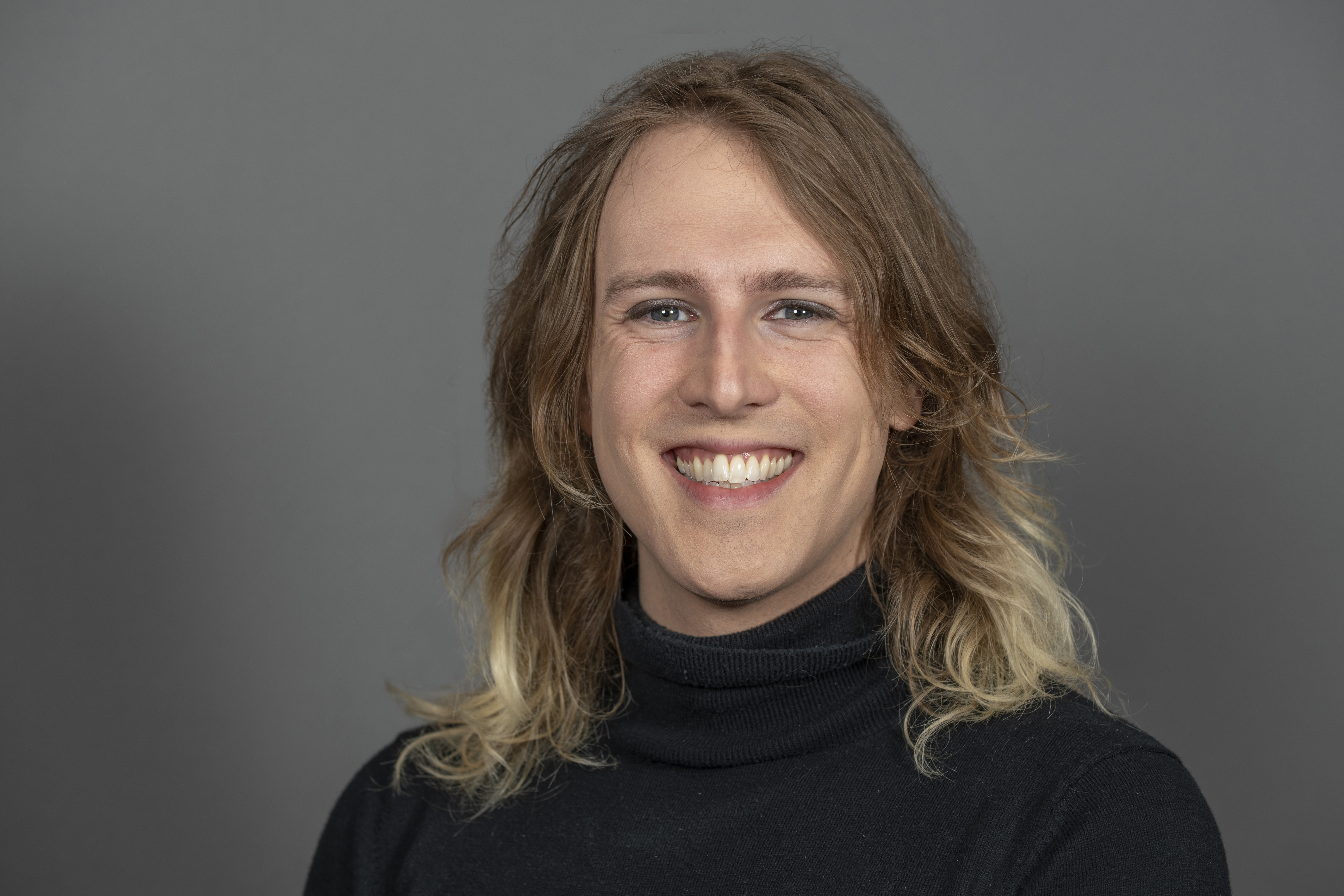
The project "Roman Market Integration, 4th-Early 7th c. CE" attempts to trace the movement of goods from the Mediterranean into late Roman provinces on the Balkan peninsula, largely in the modern states of Bulgaria and Romania. Far from being poorly-connected remote backwaters, sites on the Black Sea and along the Danube were connected to major centers and far-flung regions, evinced by the significant amount of imports found in the archaeological record. This points to the central question of this project: How well-connected were these provinces with the wider Mediterranean world? To begin to answer this question, quantitative ceramics data from known archaeological sites will be used to reconstruct flows of goods, identifying trade links for various products and measuring their intensity, consistency, and duration (i.e., "trade-thickness"). In doing so, this project aims to introduce much-needed quantitative assessments to studies of ancient economic integration and connectivity. Previous studies have described ancient connectivity in qualitative terms, offering subjective assessments like "strong" or "weak.” In analyzing archaeological data quantitatively, this project will provide a basis for re-evaluating these assessments and furthering our understanding of the specific degrees to which various provincial cities, military sites, and peripheral regions were connected on a larger scale.
Biography:
Claire Watson is an underwater archaeologist and PhD candidate at the University of Chicago. Their scholarly interests include economic anthropology, the informal economy, and ancient ceramics. Their dissertation research seeks to analyze the material culture of the Late Roman Balkan provinces to understand ancient economics, trade, and materially-driven sociality along imperial peripheries. They hold a BA in Classics from Duke University and a MS in Maritime Archaeology from Texas A&M University.
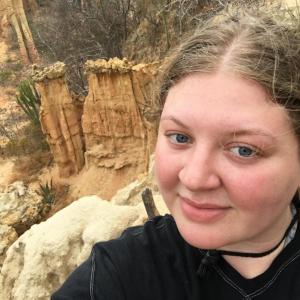

Honey pervades 20th century East African ethnographies as a source of economic and social bonds between groups who follow different subsistence strategies. As East African archaeology becomes increasingly interested in modeling, “economic mosaics” between foragers, agriculturalists, and pastoralists, honey promises to be a revealing site of investigation into the structure of cross-community relationships. Unfortunately, insect remains, and related artifacts preserve poorly and are difficult to distinguish in the archaeological record. However, a newly documented rock art site in the Iringa Region of Tanzania, contains a wealth of honey-related iconography. This site, Mazombe rock shelter, has the potential to act as a “Rosetta Stone” for honeybee rock art because many of the motifs it reveals to be honey-themed are found throughout East African rock art. This could potentially lead to a vast expansion of the amount of rock art able to comment on honey and its social consequences. In order to enable honey’s essential role in constructing East African “economic mosaics” to become a site of archaeological investigation, this project will document, analyze, and sequence Mazombe and nearby site’s rock art in order to reveal patterns of cross-community interaction.
Biography:
Rachel George is an archaeology PhD student in the anthropology department at the University of Chicago. She works on documenting and interpreting Kenya and Tanzania’s incredible rock art heritage. Her research emphasizes engaging local communities as co-producers of archaeological knowledge and creating sustainable conservation plans for rock art sites that rely on systems of local stewardship.
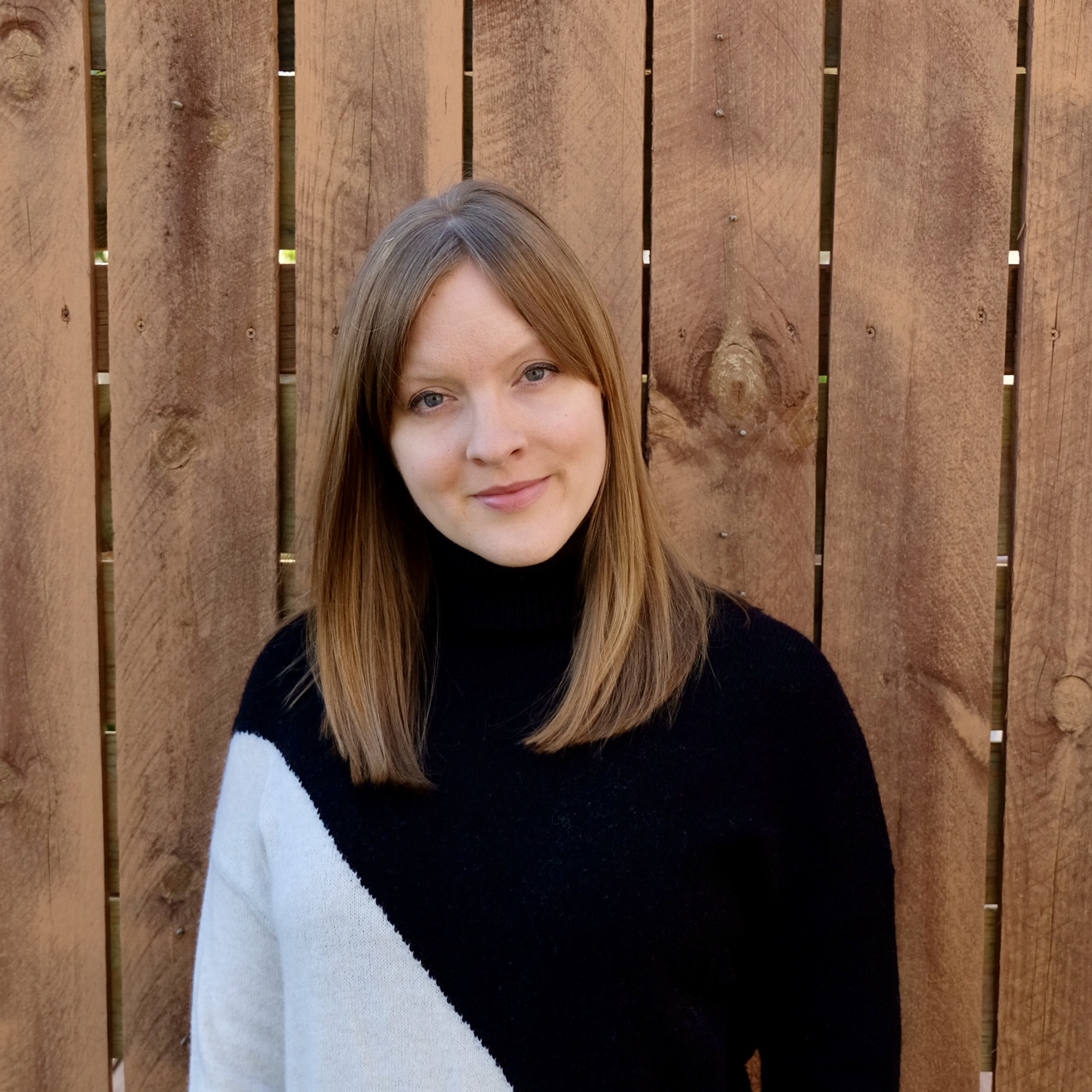
This project examines the texts, practices and experiences of preaching taqwā in contemporary Cairo. Taqwā, a foundational concept in the Islamic ethical tradition, is often translated as piety or fear of God but exceeds both in its inclusion of embodied habits, feelings and thoughts. Yet, taqwā complicates a religious/secular distinction in its regular appearances in Egyptian humanitarian discourse. In order to interrogate constructions of and debates around taqwā in the context of widespread ongoing commitments to humanitarian reason, I examine those sites where the ordinariness of taqwā is rendered extraordinary, namely in the textual and embodied practices of preaching. Through the lenses of intertextual reading practices, intimacies of ethical life, and contested experiences of the suffering body, this project examines encounters between preachers and the preached to as a key site at which Egyptians negotiate taqwā and the pressures of humanitarian reason.
Biography:
Erin Atwell is a PhD student in the Department of Near Eastern Languages and Civilizations and Department of Anthropology at the University of Chicago. She holds an MA in Islamic Studies from the University of Chicago Divinity School, an MA in International Political Economy and Development from Fordham University, and a BA in International Studies from Loyola University Chicago. Erin has a background in the humanitarian aid industry in Egypt, Iraq, Turkey and Palestine. Her research examines the affordances of the Islamic ethical tradition in its entanglements with humanitarian reason through a textual and ethnographic study of preaching in Cairo, Egypt.